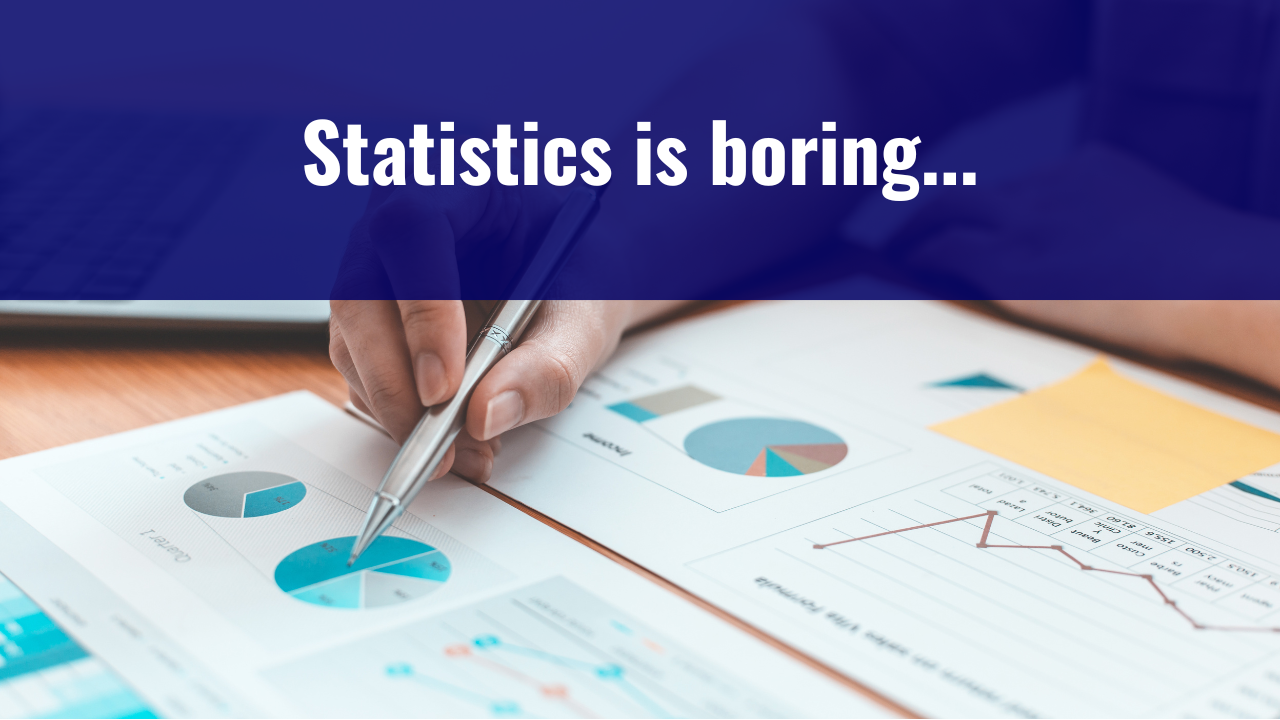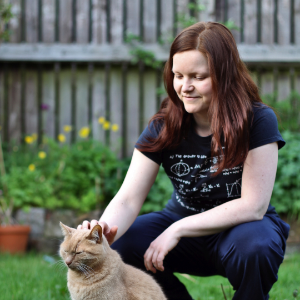
...but you can make jokes about it!
My music teacher once told us he heard there was 1 Chinese person among every 10 people. As there were 30 students in my class, he concluded, "Three of you must be Chinese!" =)
Leave aside the fact that, following data (I quickly checked on Google while writing this article), the Chinese world population is around 20%, not 10% (the joke my teacher made happened a good few years ago anyway, so it might've changed since). Instead, let's look at how we can use statistics besides making jokes thanks to it.
Given that I studied in the Czech Republic, where other cultures still make up just a tiny percentage of the population, the conclusion couldn't have been realistic. But the joke was good, though.
And that leads me to how statistics can help us in our lives, but only when it's been done properly. In the case I mentioned above, the wrong data sample was chosen. So, whether it's 10% or 20%, results from this statistical analysis cannot be applied to a typical Czech high school class.
Another example, very obvious but still a good illustration of how a proper data sample is important for creating and later applying statistics correctly, is this one:
I was teaching a basic statistics lesson in school. We had only a small group of students that day, so I asked them to create a basic tally chart to collect data, which could later be used to create a table and a bar chart to present drink preferences in our class. To keep it very simple, the question was, "Do you prefer to drink water or tea?" All of us, including me, answered "water." That meant six tallies for water (remember, it was only a small group that day).
That seems like everyone likes water. No one drinks tea. We could say that every person likes water.
Right...?
Or not...?
In a moment, another student came back from his music session, so we asked him too, and we got a surprising answer – "tea."
Wow! That changes a lot. Instead of 100% of the population (the population of our classroom at that moment) preferring water, we now had more than 14% tea preference, just thanks to the one new student coming into the classroom. So, it was only less than 86% who'd choose water.
What happened? A small data sample gave us a wrong perception of the drinking preferences. We could have mistakenly said that everyone likes water more than tea. But if we'd had more answers (more people participating in our little research), we would see how preferences would change, and it may and probably will not stay at 14% for tea and 86% for water. The more people included in this research, the more accurate the results will be. In an ideal world, you'd need to ask EVERYONE on the planet to be sure to get the exact answer (what part of the population prefers water over tea).
But statistics is not about being exact; it's about being as accurate as possible and eliminating errors by understanding and using statistics properly. Choosing an appropriately large sample of data is one of the criteria.
Later, you can think about whether you'd rather prepare water or tea or what ratio of these two drinks would be best to satisfy your classmates.
Sure, that's not good enough to say statistics is helpful and needed. So, let's go somewhere where it's really more appreciated:
Think about running a business – you need to find a way to eliminate expenses. Often, one of the huge expenses is advertising. If you do your statistics and see which kind of advertisement gives you the best ratio of money spent/customers gained, that will definitely help, and you bet you'll love your statistics afterwards! =)
There are countless examples, but the best are always about money because, like it or not, everyone needs money. So do your statistics and keep your money in your pocket (to use it later for a better purpose of your own choice). So there you see, statistics is good for everyone.
But I won't hide the fact that when I was studying for my maths degree, I was very happy to avoid all possible statistics. Hence, the meme below I shared made me LOL. Literally.
However, funny enough, I did biostatistics – for my biology studies at uni... and that was a proper massacre, especially for all my non-mathsy colleagues; only very few made it through that course... and I decided to opt out eventually because, for me, it wasn't compulsory. So I could gain my extra university credits by studying philosophy of natural sciences and moss – I like to keep things varied, you know?



